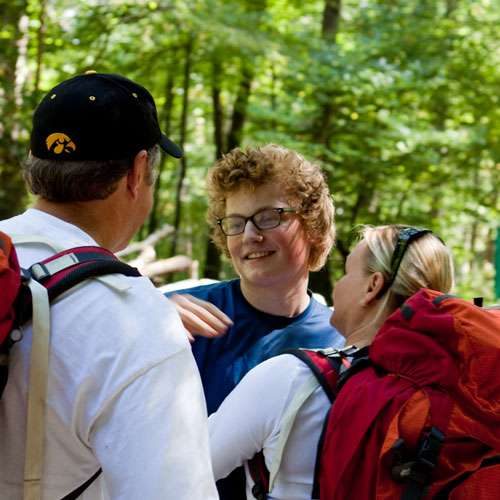Teenagers have a reputation for being angry and irritable, and while anger can be a messy or even frightening emotion, that doesn’t mean we don’t want teens to feel it. It is important for teens to experience a full spectrum of emotions in a healthy way. When that anger is being expressed in unhealthy ways, that is when an intervention may be needed.
Anger Issues in Teens
Teen anger can take many forms. It may be expressed as indignation and resentment, or rage and fury. Some teens may repress their anger and withdraw, others may be more defiant and act out physically. Teenage anger is an emotion, not a behavior, and anger is usually a reflection of other things happening in their lives.
Anger is usually rooted in other feelings or experiences. Maybe you corrected your teen in front of their friends. They were embarrassed, but instead of communicating that embarrassment, they lash out in anger. Teens who are struggling with depression or anxiety may use anger as a tool to express their emotions of feeling powerless or overwhelmed. Teens who are dealing with alcohol or substance abuse may resort to anger or physical outbursts when they are confronted or questioned about their behaviors. All these examples show that while anger is what parents see, there is usually something deeper happening beneath that emotion.
Working With Your Child
Practice Empathy: When your teen is yelling or slamming doors, it is easy to get caught up in your own emotions. Instead of arguing or rising to their level of emotion, try taking a step back. When your teen is escalating in their behavior, acknowledge how they might be feeling: “I see that you’re frustrated that curfew is at 10 pm. It must be hard to have a different curfew than your friends.”. It is challenging to argue with someone who is being empathetic. While it may not solve the issues of curfew, it does help de-escalate the situation which can lead to a calmer conversation and solution.
Understand Triggers: Have you noticed that certain situations set your teen off? Identifying these triggers can help you navigate around them in any given situation. This doesn’t mean you have to treat them with kid gloves, but understanding triggers can help avoid blow-ups before they occur.
Encourage Creative Expression: Teens can benefit from having creative outlets for their emotions. For some, it can be going for a run. For others, it can be participating in an art therapy session. Not all teens are able to verbalize the emotions behind their anger, and these creative outlets can give them an opportunity to process these emotions.
Work with a Professional: While there are many things you can work on with your teen at home, teens who are regularly acting out in their anger can benefit from working with a mental health professional. A clinician can help your teen identify and process their underlying issues and create a treatment plan to help them work towards healthy emotional expression.
Trails Carolina Can Help
Trails Carolina’s wilderness therapy program was founded with a singular goal – to help families reconnect, heal, and thrive. Over the years, our approach has been shown to produce lasting, positive outcomes, delivering on that mission.
Each child that enters our campus is unique and brings their own needs and challenges. Immediately, we get to work making sure they receive the support they need, starting by introducing them to their single-gender, age-appropriate group they’ll be growing with. We also work to keep parents engaged along this powerful journey, empowering them to support and communicate effectively with their child when they return home. For more information please call (828) 372-4723.
Get started today
Contact us today to learn how Trails Carolina can help your family
Trails saved my daughter’s life. Amanda is an amazing human and a brilliant therapist. I am so grateful to her, Science Steve, and the other wonderful people who could reach my daughter at a time when I could not.
Margot Lowman August 2022
Great life changing experience for our son. After becoming addicted to gaming during covid he was very depressed. At Trails he experienced the wilderness, Science Steve, learning survival skills and top notch therapy and support etc… I highly recommend! This gave our son and our family a renewed family bond full of love and excitement about his bright future.
Winnifred Wilson July 2022
Outstanding clinical work and superb staff! There’s a great culture at this company and it shows with how they engage with families/clients.
Kristin Brace June 2022
Discover If Trails Is The Right Program For Your Child
Take our short online assessment and help us better understand how we can help your family.




